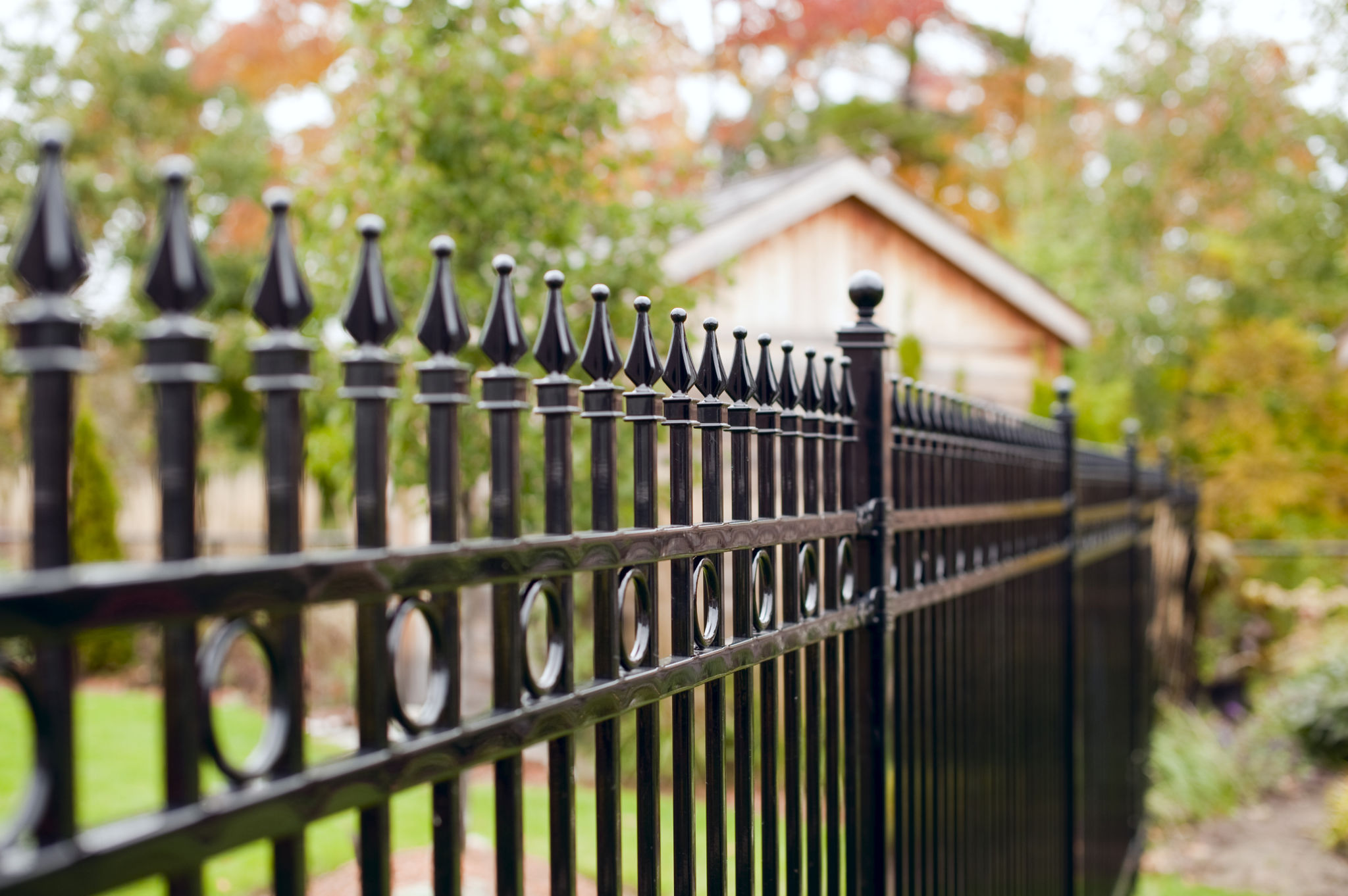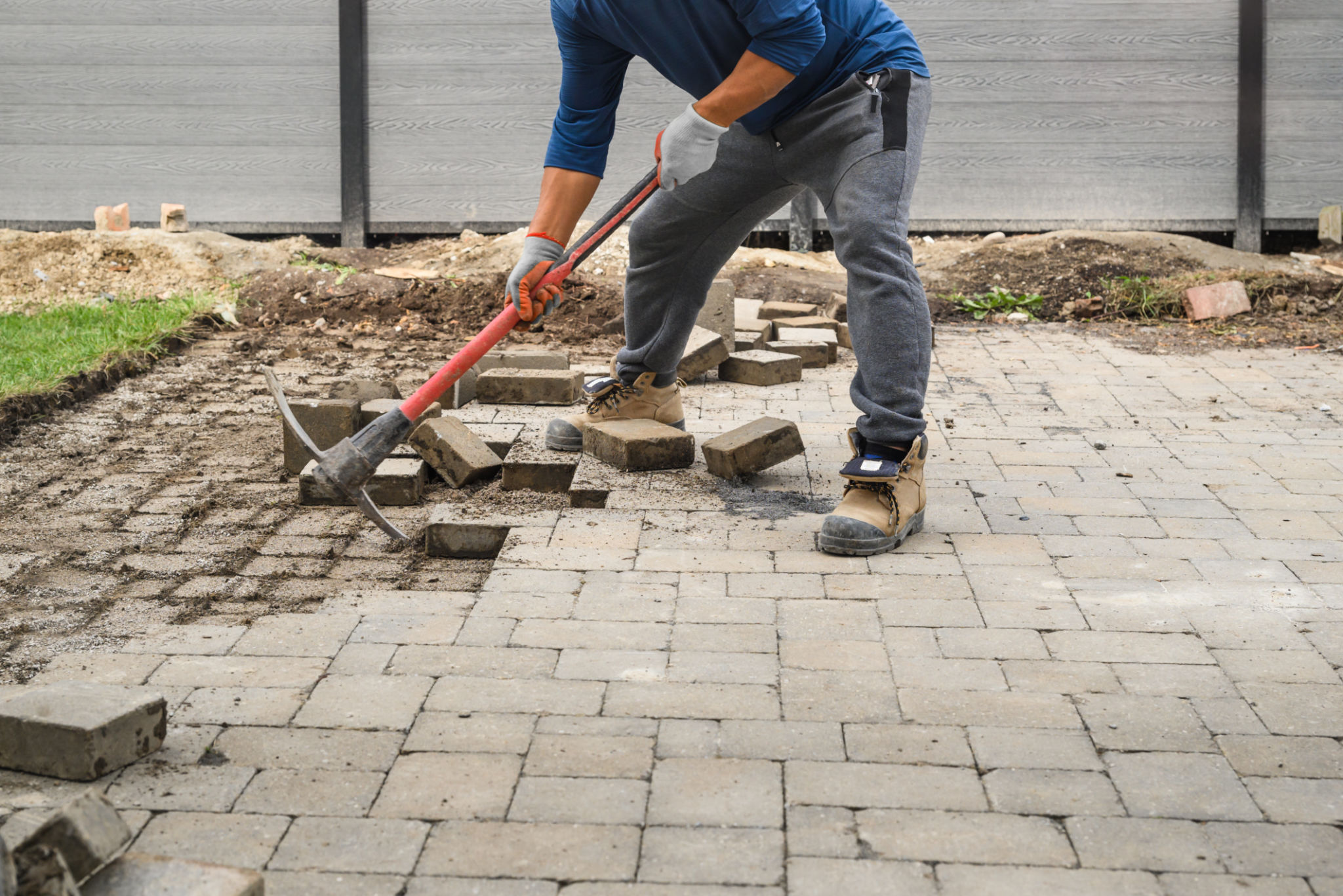Residential Fencing Solutions in Sydney: Navigating Local Regulations
WC
Understanding Local Fencing Regulations
When planning to install a fence around your home in Sydney, it is crucial to understand the local regulations that govern residential fencing. These regulations ensure that all structures are safe, aesthetically pleasing, and in harmony with the community's standards. Failing to comply can lead to fines or the need to dismantle non-compliant fences, resulting in unnecessary expenses.
Every local council in Sydney has specific regulations regarding the height, style, and placement of residential fences. These regulations are designed to address various concerns, such as safety, privacy, and neighborhood aesthetics. Homeowners should familiarize themselves with these rules before commencing any fencing project.

Height and Material Restrictions
One of the most common aspects regulated by local councils is the height of fences. Generally, front fences are limited to a maximum height of 1.2 meters, while side and rear fences can be up to 1.8 meters. However, these numbers can vary depending on the suburb or specific area regulations.
Materials used for fencing are also subject to regulation. While traditional materials like wood and metal are widely accepted, some councils may have restrictions on using certain types of materials, such as barbed wire or electric fencing, for residential properties.

Steps to Ensure Compliance
To navigate these regulations successfully, homeowners should follow a few essential steps:
- Contact your local council: Before starting any work, consult with your local council to understand the specific regulations applicable to your area.
- Obtain necessary permits: Depending on the type and size of the fence, you may need to apply for a building permit or development application.
- Engage with neighbors: Open communication with your neighbors about your fencing plans can prevent disputes and ensure that everyone is on the same page.
Choosing the Right Fencing Contractor
Hiring a reputable fencing contractor is another critical step in ensuring your project complies with local regulations. Experienced contractors will be familiar with the rules and can provide valuable guidance throughout the process. They can help you select appropriate materials and designs that meet your aesthetic preferences while adhering to legal requirements.

When selecting a contractor, consider their experience, portfolio of past projects, and customer reviews. It is also beneficial to get multiple quotes to ensure competitive pricing and comprehensive services.
Benefits of Compliant Fencing
Installing a fence that complies with local regulations offers several advantages:
- Peace of mind: Knowing that your fence meets legal standards prevents future issues with authorities.
- Increased property value: A well-designed and compliant fence can enhance the overall appeal of your property.
- Improved neighborhood relations: Adhering to community standards fosters good relationships with neighbors and contributes to a cohesive neighborhood appearance.
Conclusion
Navigating local regulations for residential fencing in Sydney may seem daunting, but with proper research and planning, it is manageable. By understanding the rules, engaging with your local council, and hiring a skilled contractor, you can ensure that your fencing project is successful and compliant. Ultimately, this approach not only protects you from potential legal issues but also enhances the beauty and value of your home.
